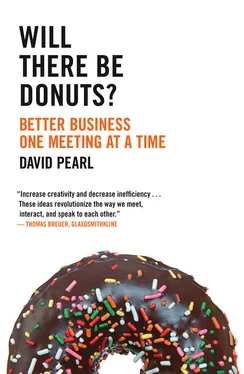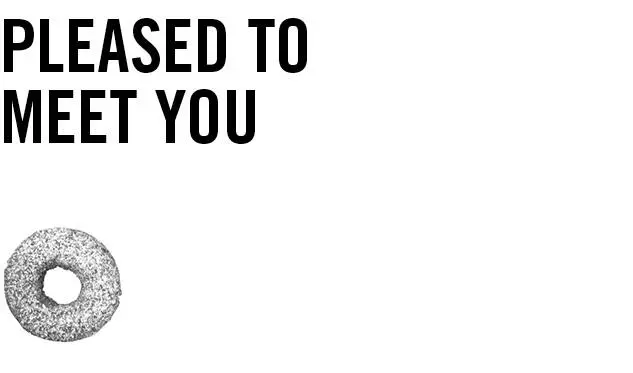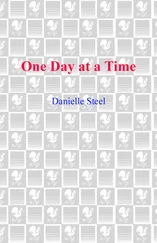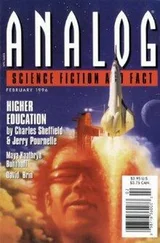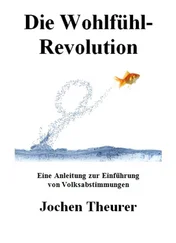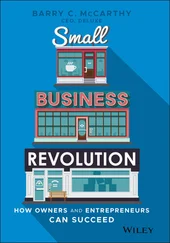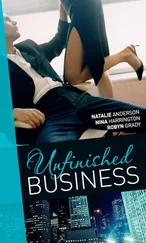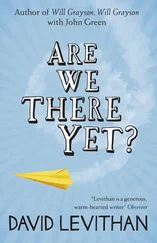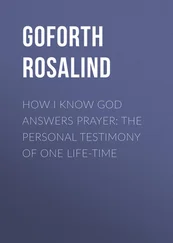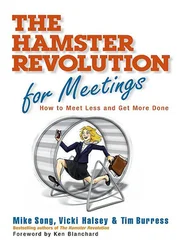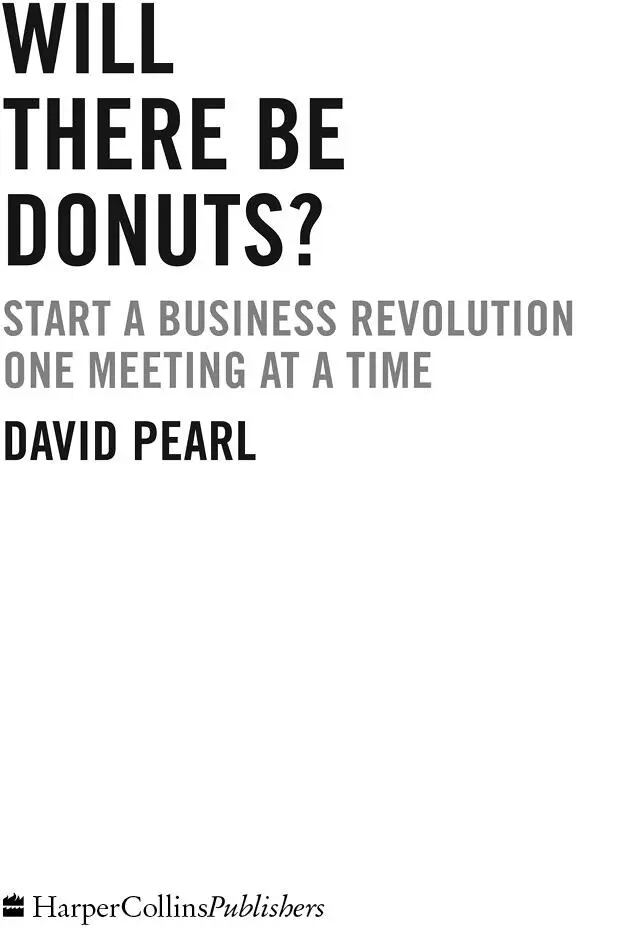
For Joanna, Elsa, and Zachary
Cover
Title Page
Dedication
Acknowledgements
Foreword
PLEASED TO MEET YOU
1 NEARLY MEETING
2 REALLY MEETING
3 THE ANATOMY OF MEETINGS
Intent
Connect
Context
Content
4 THE SEVEN BASIC MEETING TYPES
Information
Discussion
Decision
Invention
(Re)Solution
Selling
Meeting
5 MEETING MISCHIEF
NEXT STEPS: DON’T LET HARRY MISS SALLY
Your Real Meeting Checklist
Let’s Stay Connected
Copyright
About the Publisher
My thanks to everyone who has kindly contributed their experiences and insights to this book.
—to Sue, Shelley, Michelle, Paul, Esperide, Kai, and the whole PG team.
—to my agent Julian Alexander, who makes the right meetings happen with the right people at the right time.
—to my editor, Nick Canham, who helped spark the revolution; Steve Burdett, who worked so hard on the manuscript; Laura Lees for the great PR; Tim Broughton for his marketing expertise; and all at HarperCollins who have made the whole experience a real pleasure.
—to my parents for providing a rich source of anecdotes, some of which they will be surprised (pleasantly, I hope!) to find featured in this book.
—to Jean and Thomas for sparking off at least one revolution.
—to Jeremy, Bruce and all the Lively Artists, as well as Phil and all at Upstage.
—to the two Davids—Glass and McCready—who’ve taught me more than anyone about what’s really going on when human beings meet.
—and finally, to all of you everywhere who got fed up with nearly meeting and decided to start really meeting instead. Keep going!
Back in March 2011, at the earliest stages of the book, my editor Nick Canham called a meeting. He wanted to get his colleagues at HarperCollins interested in the book; enrolled, excited. Clearly he did OK, or we wouldn’t be here now. But I was curious. What was it that had brought these hardened publishing professionals to the meeting? Was it the importance of the subject? The irrefutable logic? The exquisite prose style?
I told them I’d bring donuts , said Nick.
That gave us our title. And it gives us our starting point. If the donuts are the most interesting thing about your meetings, this book is for you.
It’s something we often say, but don’t always mean. In this case I really am pleased to meet you, if only by the rather arm’s-length medium of this book.
My intention in writing Will There Be Donuts? is to make the world a more interesting place. Or rather that you will. I am just going to help you make it fun.
And we are going to do it one great meeting at a time.
I am guessing this isn’t why you picked up this book. You probably just thought if you could make the meetings you attend less dull, boring, irrelevant, and downright irritating, your life would be better. That if you could release a few hours from your working week you could be way more productive. That if the meetings you did have were genuinely helpful, inspiring even, it would be a blessing.
And you’d be right.
My point is that if we and millions of sufferers like us manage that together, we will have done more to improve the world than all those grand-sounding vision statements put together.
When you add it up—and we will—you see that there are billions of hours out there waiting to be reclaimed and turned into value.
I admit it doesn’t seem a particularly glamorous or epic way to change the world. I am reminded of the final series of The West Wing when the old regime is coming to the end and the stalwart chief of staff CJ is being head-hunted by a Bill Gates-alike to become the new head of his humanitarian foundation. He asks her what she would do to make the world a better place. “Build highways in Africa,” she blurts. With roads you can move medicines, boost productivity, increase communications, revolutionize markets. Roads aren’t the glamorous answer the billionaire was expecting, but if CJ really thinks new highways will do the trick, he is willing to back her.
I feel pretty much the same way about meetings. To us as individuals they are just a feature of our daily work diary. But seen in macro they are how we exchange information, do business, invent the future, make friends, heal rifts. Doing them better is important for our businesses and for our world.
So not glamorous, but a heroic adventure nonetheless. Heroes, remember, are not extraordinary people. They are ordinary people like you and me who occasionally manage to break out of the routine and do extraordinary things.
So will there be donuts ? It’s a question being asked in offices, conferences, seminars, pitches, and presentations all over the world right now. Here are some others. See if they sound familiar. If you have found yourself asking any of these, you have come to the right place.
Is this meeting EVER going to END?
If you’ve ever been to a Wagner opera you know you can drift off for a nice little nap and when you wake up, nothing seems to have happened. What I call “Wagner Meetings” are the same, except the guy with the beard and the horns doesn’t have a big spear but a whiteboard marker. Wagner meetings, like Wagner operas, are meant to be long. The longer they are, the more important they seem. Which is why they go on and on. Think Italian roadworks. No “work” is actually happening. They are a way of avoiding work. The whole idea is to drag things out as long as possible and then retire on a good pension before anyone notices.
Where did my day/week/year go?
Mushroom Meetings. They propagate in your diary like fungus on a rotten tree stump. Is it an airborne spore? Is it a virus? Who knows? But turn away and there they are when you open your Outlook in the morning. There are so many of them that there doesn’t seem to be any room for actual work. This is particularly true in business, where any and every issue needs to be marked by a meeting. It becomes an addiction. A variation of this phenomenon is the Stonehenge Meeting. Like the stones on Salisbury Plain, they have been there since the dawn of time but no one really knows what they are for.
Is this work, or politics?
If you are wondering this, you are probably in what I call “The Party Political un-Broadcast.” These meetings are like those short “infomercials” that are inserted into the TV schedule during election periods. With three important differences. These meetings are all about politics but don’t warn you from the start. They aren’t short. And very often the politics is not broadcast. On the contrary, it’s never mentioned. But everything in the meeting is actually about political leverage and personal power-play. Oh, and one important extra difference. You can’t vote these people out.
Читать дальше
